21.11.2024
17:45
HIT H42
21.11.2024
17:45
HIT H42

Sabina Dragoi
PhD Student at ETH, Quantum Information Theory Group
Abstract
Since nature is quantum mechanical, corresponding models have a state space that grows exponentially with problem size. Quantum computers were thus first proposed as a platform to solve such hard problems in physics and chemistry. Despite the progress of quantum, current error rates remain a major obstacle. In this project we develop and experimentally test approximation methods for hardware-friendly implementations of the variational Quantum Approximate Quantum Algorithm (QAOA). Similar methods have been previously proposed for problems such as Max-Cut that can be mapped onto an Ising Hamiltonian (Quadratic Uncontrained Binary Optimization problem – QUBO), but have not been tested at large scale on quantum hardware. In addition to these tests, we also investigate more complex problems, corresponding to problems that can be mapped onto k-local Hamiltonians where k >2, such as the Low Autocorrelation Binary Sequences problem (LABS). We find that for QUBOs, the least-correlated implemented Hamiltonian provides the best approximation ratio. This is because the larger the correlation, the deeper the resulting circuit, and consequently, the noiser the result. For LABS, we find that deeper circuits do provide better outcomes since the correlation increases with depth at a higher rate than noise affects it.
